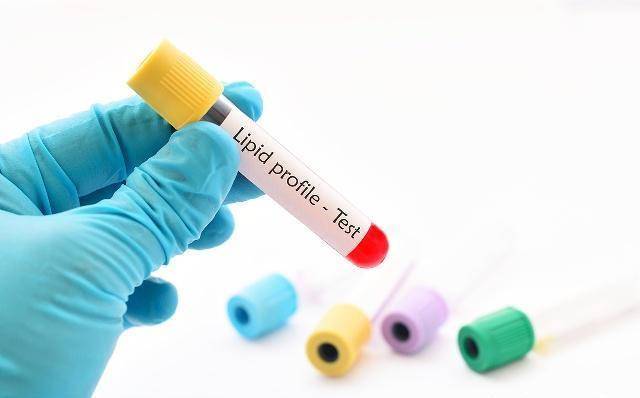Triglycerides are a very important indicator in lipid testing. If the triglyceride content exceeds the normal range significantly, it will be diagnosed as high blood lipids, which is very detrimental to health and greatly increases the risk of cardiovascular diseases.
The normal reference range for serum triglycerides is 0.45 to 1.69 mmol/L. When the triglyceride content is below 1.7 mmol/L, it is considered normal. From 1.70 to 2.25 mmol/L, it is considered marginally elevated, and if it exceeds 2.26 mmol/L, it is considered high triglycerides.
If triglycerides are elevated, can you avoid taking medication? If it hasn’t exceeded this value, lifestyle adjustments may be sufficient.
Therefore, if your triglyceride content is not over 2.26, you may consider not taking medication and managing it through daily lifestyle adjustments to help reduce triglyceride levels and maintain normal blood circulation. However, if triglycerides have significantly exceeded 2.26, following the doctor’s advice for medication regulation is necessary.
When triglycerides are high, focus on four things in daily life to “Bathe” the blood vessels.
Eat light.
If your body has excess triglyceride levels, it is advisable to have a predominantly light diet in daily life, eat more whole grains, vegetables, and fruits. This can help promote blood circulation, eliminate toxins and waste in the body, reduce blood viscosity, and lower triglyceride levels.
But it’s also important to have a balanced diet. Incorporating some deep-sea fish into your daily diet can absorb unsaturated fatty acids, which can be very effective in lowering triglycerides.
Drink more water.
Drinking water can promote blood circulation, lower blood viscosity, accelerate the elimination of toxins and waste from the blood, and help reduce triglyceride levels. Therefore, if your triglyceride levels are slightly elevated in daily life, consider drinking more water to “bathe” your blood vessels.
Engage in physical exercise.
Many people nowadays have a sedentary lifestyle, which can hinder blood circulation and lead to increased blood viscosity, resulting in a rapid rise in triglyceride levels, which is harmful to health.
To reduce triglyceride levels in the body, it is essential to engage in regular physical exercise in daily life. Consistent physical activity can help eliminate toxins and waste from the blood, reduce blood viscosity, and bring surprises to your body. So keep moving to keep your body healthy.
Avoid staying up late.
Staying up late is very common nowadays, but prolonged insufficient sleep can affect blood circulation, metabolic rate, increase blood viscosity, and cause triglyceride levels to rise rapidly. Therefore, it is necessary to develop good sleep habits in daily life to protect the health of blood vessels.
Hope this article can be helpful to you. Thank you for reading and supporting. Wishing you good health.


